The right bed sheets can completely change how well you sleep. Think about slipping into sheets that feel cool, soft, and cozy, which makes falling asleep so much easier. On the other hand, the wrong fabric can leave you hot, sweaty, or uncomfortable all night. That’s why the material of your sheets matters just as much as your mattress.
A study from NCBI has found that bedding materials have a direct impact on sleep by affecting skin and body temperature, as well as thermal comfort. In short, the right fabric can help you stay cool or warm depending on your environment, reduce night sweats, and make your bed feel more comfortable from dusk till dawn.
In this guide, we’ll go through the best materials for bed sheets and who they're great for.
1. Best Natural Materials Bed Sheets

Cotton
Cotton sheets are the classic choice. They’re soft, breathable, and get even more comfortable with every wash. High-end types like Egyptian and Pima cotton are smoother and last longer, while regular cotton is more affordable.
Best for: everyday comfort, hot sleepers, and durability.
Linen
Linen comes from flax fibers and feels crisp and airy. It’s one of the most breathable options, making it perfect for warm climates. Linen sheets start a little rough but soften beautifully over time.
Best for: hot climates, people who sweat at night, and long-lasting use.
Bamboo
Bamboo sheets are naturally soft and silky. They wick away moisture and resist odors, making them ideal for people with sensitive skin. They’re also eco-friendly since bamboo is a renewable plant.
Best for: hot sleepers, eco-conscious buyers, and individuals with sensitive skin.
Silk
Silk is smooth, luxurious, and gentle on skin and hair. It reduces friction, which can help with wrinkles and hair breakage. The main drawback is that silk sheets are pricey and need delicate care.
Best for: luxury seekers, people with allergies, and those who want skin and hair benefits.
Flannel
Made from brushed cotton, flannel sheets feel warm and fuzzy. They trap heat, making them perfect for winter or colder climates.
Best for: cold sleepers and those who prefer winter bedding.
2. Best Blended & Semi-Synthetic Materials Bed Sheets
Cotton-Polyester Blend
A mix of cotton and polyester creates sheets that are affordable and wrinkle-resistant. The downside is that they don’t breathe as well as pure cotton.
Best for: budget buyers and low-maintenance care.
Tencel (Lyocell)
Tencel sheets are smooth, breathable, and made from wood pulp fibers, making them an eco-friendly choice. They feel soft and drape nicely on the bed.
Best for: eco-conscious sleepers and those who want silky comfort.
Modal/Rayon
Modal is another plant-based fabric that feels silky and lightweight. It’s softer than cotton and often blended with other fibers for added durability.
Best for: softness, silky feel, and lightweight comfort.
3. Best Synthetic Materials Bed Sheets
Microfiber
Microfiber sheets are made of fine synthetic fibers. They’re lightweight, soft, and very budget-friendly. They resist stains and wrinkles but don’t breathe as well as natural fabrics.
Best for: affordability, kids’ rooms, and guest beds.
Polyester

Polyester sheets are durable and wrinkle-resistant. They’re easy to wash and hold up well over time, but they can trap heat and feel less breathable than natural fibers.
Best for: durability, easy care, and low cost.
Final Thoughts
Choosing the best materials for bed sheets comes down to what you value most: breathability, softness, durability, or price. Cotton and linen are timeless natural choices, while bamboo and silk add comfort and luxury. Blends like Tencel and modal strike a balance between eco-friendliness and softness. Synthetics, such as microfiber and polyester, offer affordability and ease of care. With the right fabric, you’ll enjoy a better night's sleep and wake up feeling refreshed.
Upgrade Your Sleep with the Right Bed Sheets
The right sheets make all the difference. Visit Blissful Nights, where we offer premium bedding designed for comfort, breathability, and lasting quality.
Contact us and find sheets that match your sleep needs: soft, cool, and made to help you rest better every night.
FAQs
How often should you wash your bed sheets?
Most experts recommend washing your bed sheets once a week. If you sweat a lot, have allergies, or sleep with pets, consider washing them more frequently.
How to keep sheets on your bed?
To keep sheets from slipping off, use deep-pocket fitted sheets, sheet straps or clips, or tuck the corners tightly under the mattress. Choosing the right sheet size for your mattress also makes a big difference.
What does thread count on bed sheets mean?
Thread count measures the number of horizontal and vertical threads per square inch of fabric. Higher thread count often feels softer, but the quality of the material and weave matters more than the number alone.
What is the most breathable sheet material?
Cotton, linen, and bamboo are the most breathable options, making them ideal for hot sleepers.
Which sheets feel the softest?
Silk, bamboo, and modal are known for their silky, smooth textures.
Are bamboo sheets really eco-friendly?
Yes, bamboo is a renewable resource, though the process of making the fabric can vary by brand.


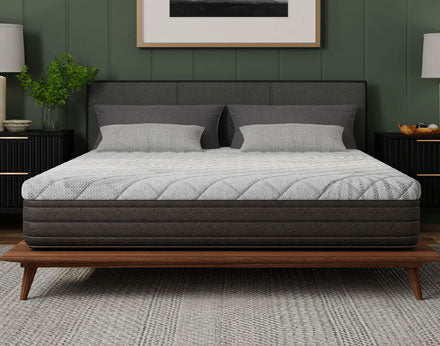
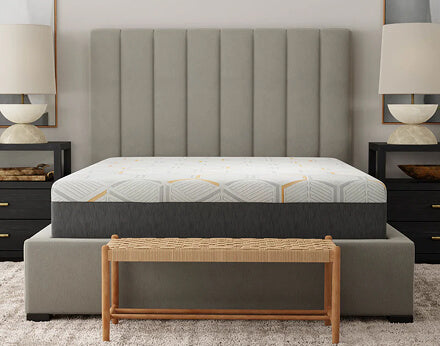
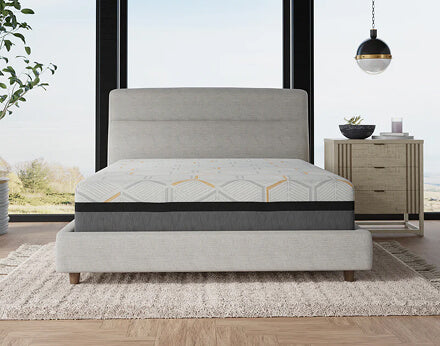


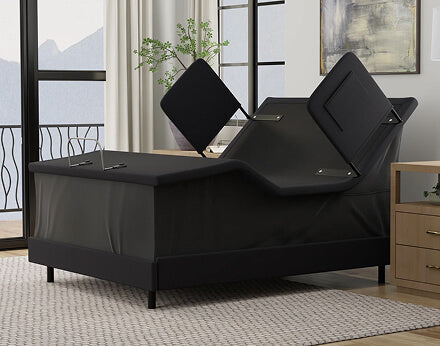
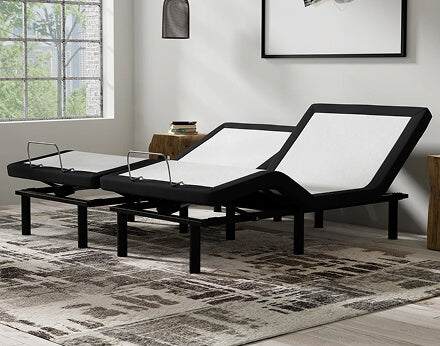


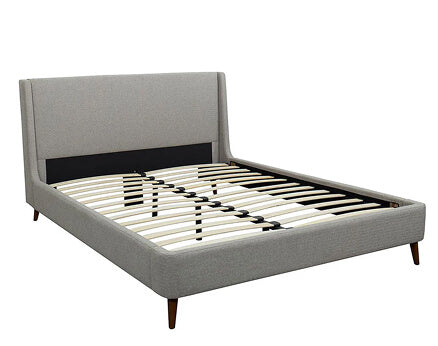
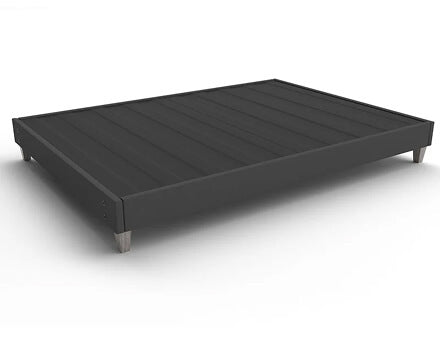
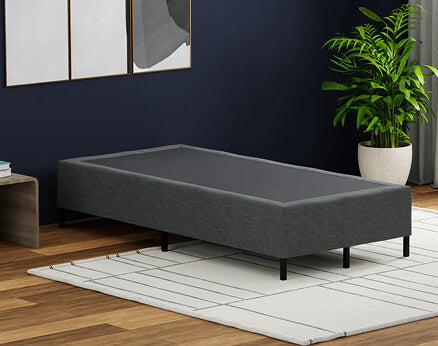
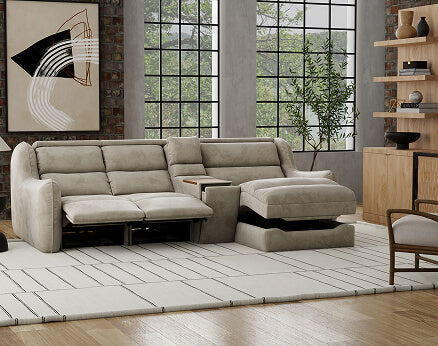
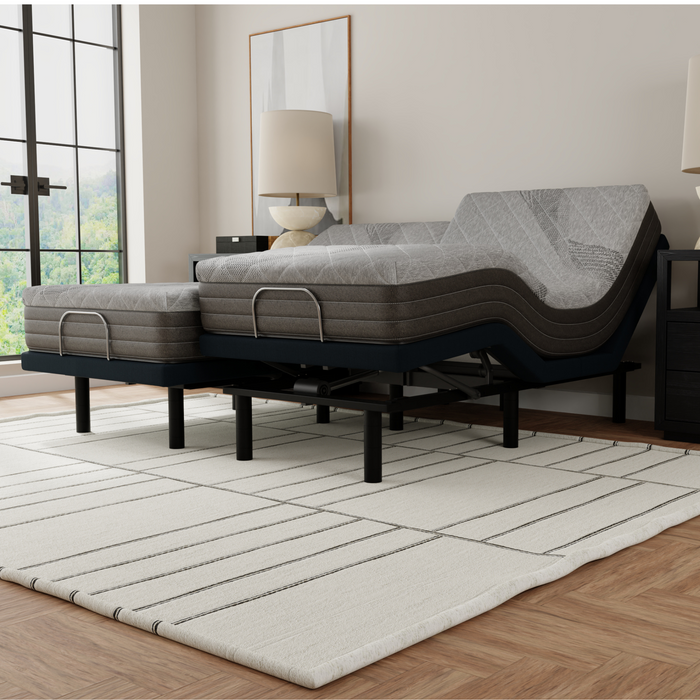
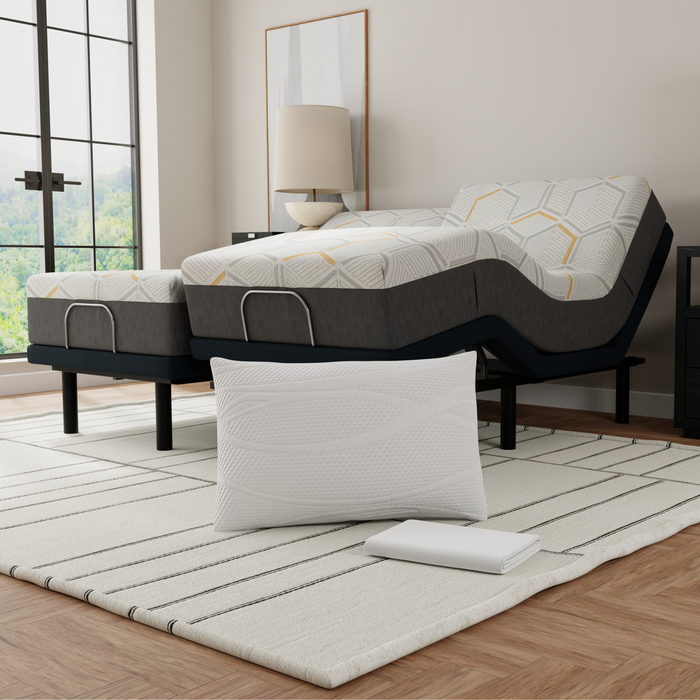
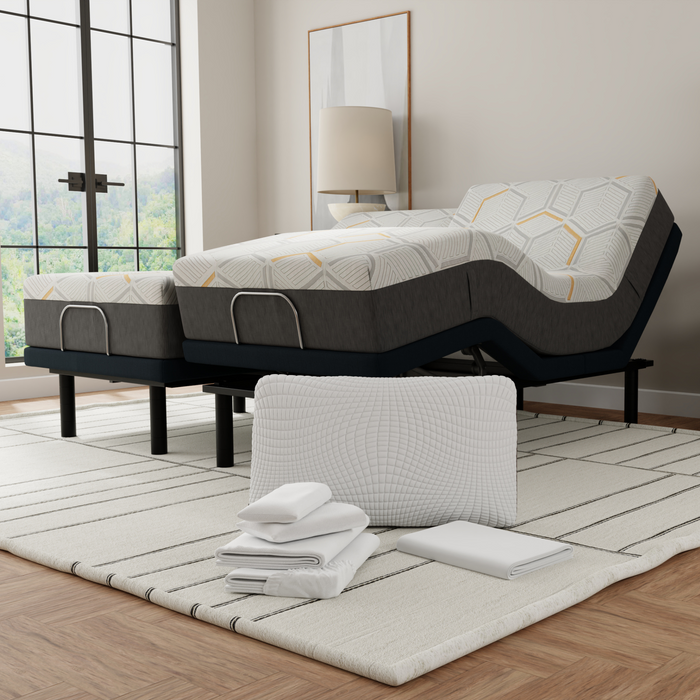
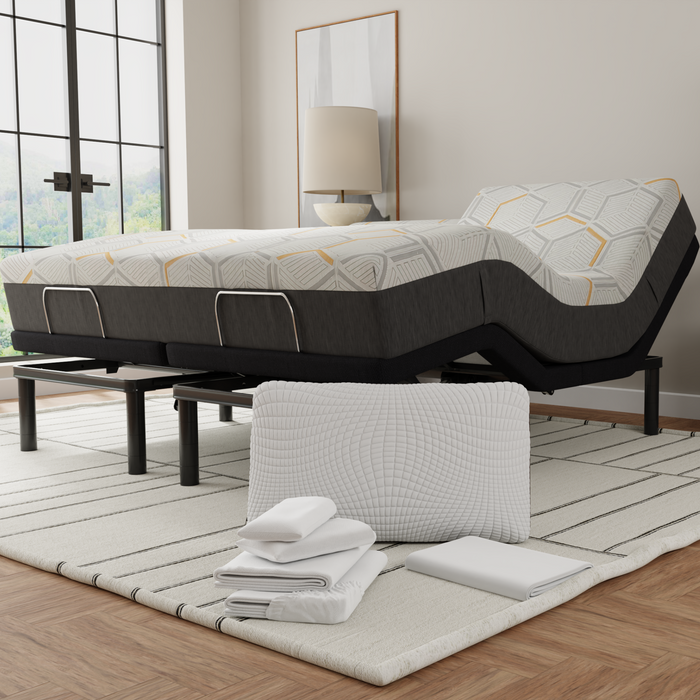
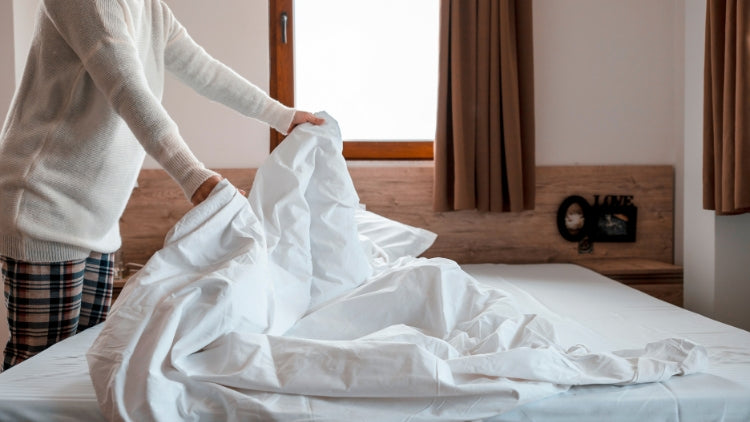
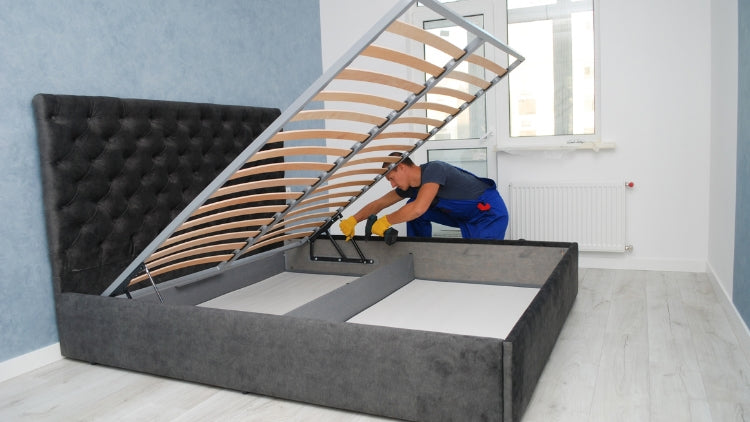

Leave a comment
This site is protected by hCaptcha and the hCaptcha Privacy Policy and Terms of Service apply.